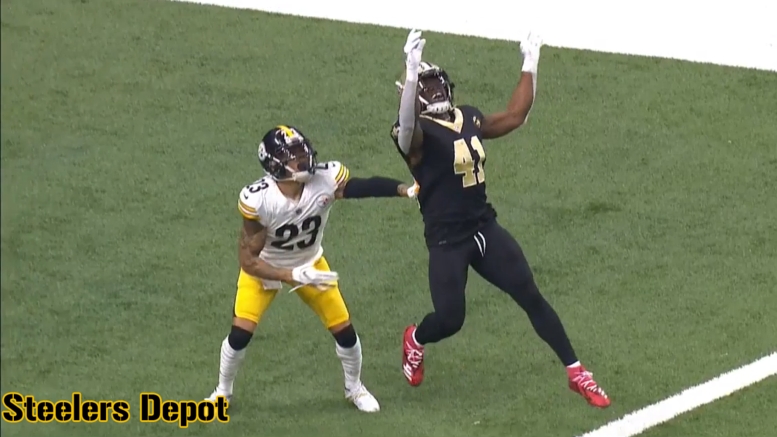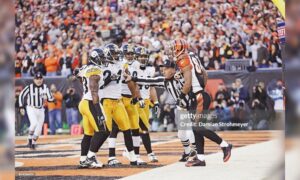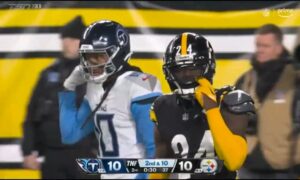The owners (almost) unanimously approved a change to the replay system for the 2019 season, and it represents a major turning point that could lead to even bigger changes in the future. With only Cincinnati Bengals owner Mike Brown (shockingly) voting against it, a rule was passed allowing offensive and defensive pass interference penalties to be subject to review for the 2019 season, with the rule to be revisited next offseason.
From previous reports, the coaches were united in wanting the change, and the Competition Committee, of which Pittsburgh Steelers Head Coach Mike Tomlin (and New Orleans Saints Head Coach Sean Payton) is a member, unanimously endorsed the rule.
It is for that reason, according to Steelers President Art Rooney II, that the owners offered to pass the rule that limits the penalties to only offensive and defensive pass interference, calling it “a compromise” solution.
There were other rules on the table that would have allowed all penalties to be reviewed, or for all personal foul penalties to be reviewed, and varieties within those parameters, some that included only penalties called on the field and others that also allowed plays in which no penalty was called to be reviewed with the aim of penalizing the play.
The rule change, provided that it is retained beyond 2019, is very significant in two ways: one, it opens the door for penalties to be reviewed, which could be expanded beyond only pass interference in future years; and two, it surprisingly already acknowledges that blown non-calls are just as significant as penalties where none existed.
As part of the proceedings, the NFL is said to have acknowledged that there should have been a penalty in the Super Bowl during which Los Angeles Rams wide receiver Brandin Cooks ought to have drawn a pass interference penalty that would have made it first and goal. The Rams lost to the New England Patriots.
Of course the primary motivator for the rule change was the non-call of pass interference in the NFC Championship game, of which the Rams were the benefactor, when a clear and obvious pass interference penalty was committed against the Saints that would have essentially sealed the game and sent them on into the Super Bowl.
Likewise, Payton acknowledged that his own team benefitted from a blown call on pass interference in Week 16 against the Pittsburgh Steelers wherein Joe Haden was flagged on a fourth-down play that led to an early Saints touchdown.
The Steelers were also subject to egregious errors in officiating in the game against the Los Angeles Chargers, namely a false start and an illegal block in the back penalty, both of which led to touchdowns, which were not called. Perhaps such penalties in future years will also be made reviewable.








